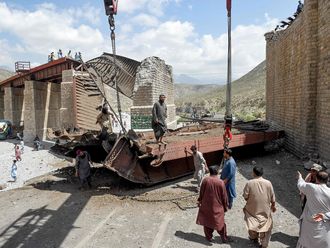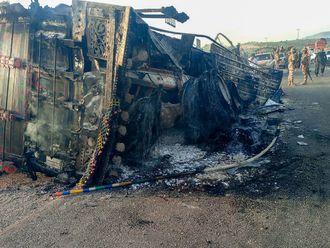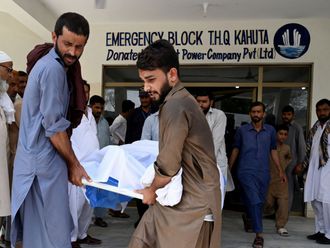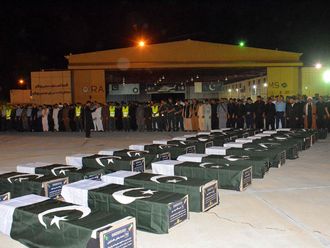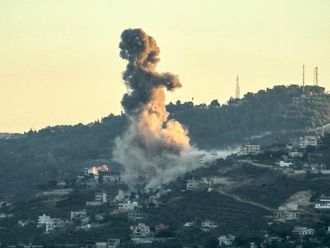Lahore: Sakina Bibi, 50, sold one of her own kidneys two years ago. However, the money she was paid by the recipient at a private hospital in the Rawalpindi area has all gone — and the widow is wondering what she will do next.
"I have no skills, I cannot work now anyway because I am weak after the surgery and am frequently in pain," she said.
She is also anxious because she has two teenage daughters who she wishes to marry off.
"That takes a lot of money and I don't have it."
In times of growing poverty, with about a third of people living at or below the poverty line according to international organisations, people are resorting to desperate means to survive.
Despite a law introduced just under three years ago, which makes organ donation illegal except by blood relatives, the sale of kidneys continues — notably in Punjab province.
It is, however, considerably less common nowadays than was the case in the years prior to the introduction of the law.
With floods having affected some 20 million people across the country, there is also concern over the potential impact of still more desperation.
According to newspaper reports, children have been lured away from families with promises of lucrative jobs. Some, instead, have been inducted into the sex industry and used as a means to bring in money for those who have taken them away from their parents.
As Unicef has warned, such situations are not uncommon after disaster situations. Pakistan experienced this too after the 2005 quake in the Kashmir area, with a rise in child labour reported from affected areas.
They have been seen elsewhere in the world too. With the floods having hit such a large number of people, who have in many cases lost livelihoods and incomes, there is now a real risk of problems coming up on a large scale.
Community help
"I have nothing. All I have is my six children. They were going to school before but now I will not be able to send them," said Mansour Ahmad, a farmer in Rahimyar Khan.
Some of the most dire warnings state that people who have no choice may end up trying to sell their children. Journalists from the flood zone have already commented on the desperate need for help and the plight of families who have nothing.
Help is indeed being offered to flood-hit people from across the country.
In schools, children collect donations; by roadsides camps have been set up by charitable institutions to accept the food, clothing or money people hand over. However, with times already desperate even before the flood, things are even worse now.
Complaints about mismanagement in government compensation schemes have added to the suffering of people.
Many still wait for any help at all, and with experts predicting it could be months before things get any better, no one quite knows how matters will unfold over the coming weeks.


